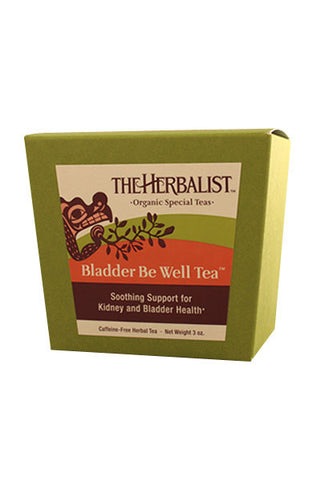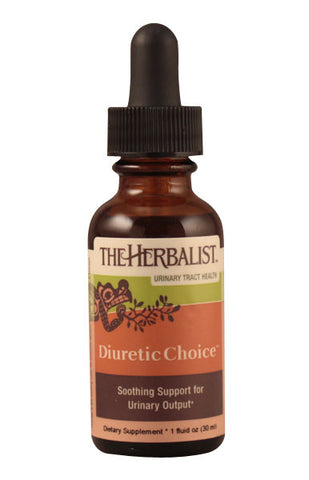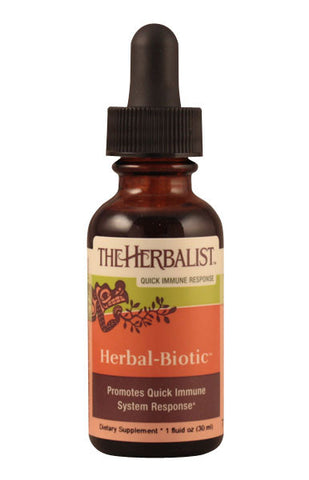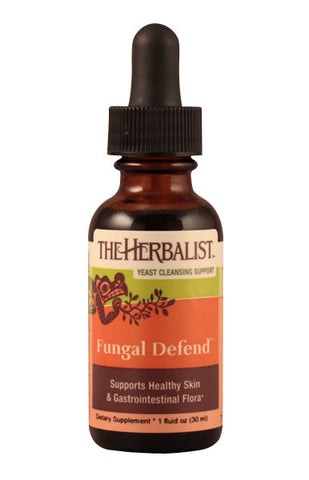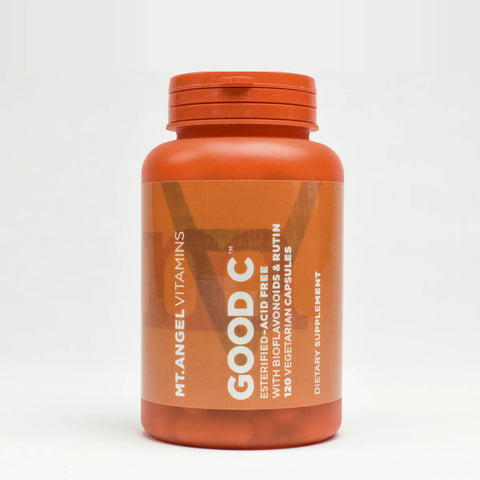Bladder & Urinary Tract Health
Much more common in women than men, urinary tract infections are usually caused by a bacteria found in the bowel - Escherichia coli. What occurs is somehow (sexual intercourse, poor hygiene, etc.) E. coli bacteria travels from the anal area, enters the urethra, and migrates to the bladder, causing infection along the way. If left untreated, these bacteria can then voyage from the bladder to the kidneys, potentially causing issues with the kidneys. Symptoms include painful and frequent urination, a bladder that never feels entirely empty, pain and pressure in the lower pelvis, fever, and chills. The urine may have a strong odor and may contain blood and mucous. When taken at the first sign of infection, herbs can be very helpful for preventing infection and providing symptomatic relief for these uncomfortable infections. Recurrent issues with the urinary tract and bladder, when not caused by structural abnormalities or hereditary sensitivity, are often associated with a compromised immune system and overabundance of yeast in the blood stream. This overgrowth is often due to antibiotic usage or over-consumption of sugar, simple starches, alcohol, and caffeine. Herbs can help to rebuild immune function, maintain microbial balance, and restore tone to the urinary tract and bladder.
Health Promoting Foods
• Whole grains - basmati rice, quinoa, barley, wild rice, oats, and sprouted mixed grain bread.
• Fresh mixed vegetable juice - carrot, apple, beet, celery, ginger.
• Vegetables - sprouts, leafy greens, kale, chard, artichokes, and asparagus.
• Seeds and nut butters - sesame (tahini), sunflower, almond.
• Legumes - lentils, azuki, black bean, and split pea.
• Fowl or meats, raised organically - chicken, turkey, duck, beef, lamb. Limit to two servings a week.
• Fish (ocean-caught) - wild salmon, halibut, sardines, herring, and albacore tuna.
• High omega-3 eggs (poached or soft-boiled) contain DHA, Vitamin E, and B12.
• Fruits - apples, pears, peaches, melons, and berries -fully ripened and organic are best. Limit 2 to 3 pieces a day. (Black cherry juice is excellent for gout.)
• Cultured foods - yogurt and kefir.
• Extra virgin coconut oil (the best for cooking), olive oil, flax seed oil.
Limit These Foods and Beverages
• Unbleached, bleached, and fortified white flours products - bread, crackers, cookies and pasta.
• Ice cream and frozen yogurt, imitation eggs, milk and milk products, including reduced fat and nonfat.
• Beverages - coffee, soft drinks, concentrated fruit juices, diet drinks, tap water, alcoholic drinks.
• Sweeteners - barley malt, corn syrup, sugar, artificial sweeteners (aspartame, saccharin), and glucose.
• Deep-fried chicken, meat, fish, or vegetables.
• Shellfish, farm raised fish - Atlantic salmon.
• Pork and pork products.




